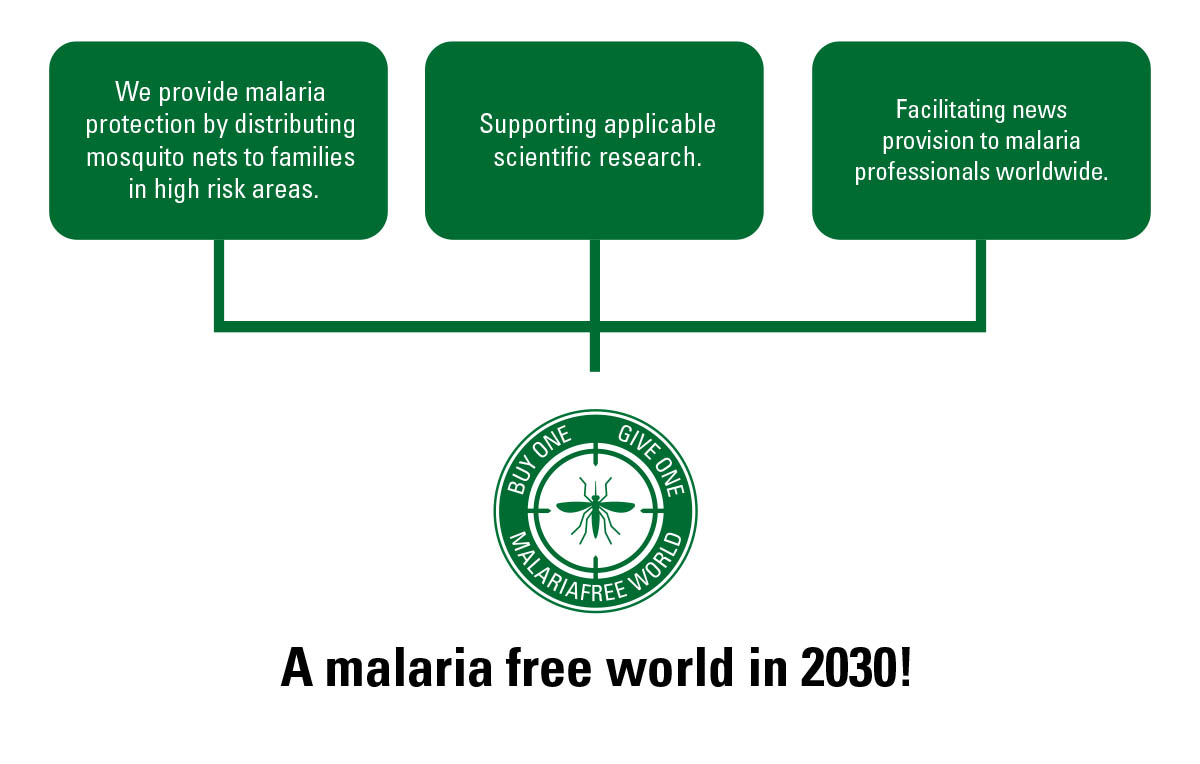World Mosquito Day is recognized every year on August 20th, marking the anniversary of the discovery that mosquitoes transmit the parasite that can cause malaria. On this very day in 1897, Sir Ronald Ross discovered the malaria parasite in the stomach tissue of an anopheles mosquito. His work later confirmed that mosquitoes are the vector to carry the malaria parasite (plasmodium falciparum) from human to human.

Mosquito borne diseases
Mosquito-borne diseases cause hundreds of thousands of deaths each year. According to the World Health Organization, malaria alone leads to approximately 627,000 deaths annually (2020). But it is only malaria as a serious infectious disease transmitted by mosquitoes. There are other mosquito-borne diseases, now always fatal, that can make humans very sick.
Life cycle mosquito
The mosquito has a complex life cycle. Though different species of mosquitoes prefer different places to lay their eggs, many Anopheles mosquitoes (malaria) lay their eggs in undisturbed pools of water. The eggs hatch into aquatic larvae, which grow until they are ready to pupate into flying adults. Adult male and female Anopheles feed on nectar; the females are also required to feed on blood (resulting in what humans know as mosquito bites) as the nutrients in the blood allow the females to produce eggs, continuing the cycle.
Whereas anopheles mosquitoes can fly larger distances, and is active between dusk and dawn, the aedes species has limited flying ambitions but is active during day-time. The tiger mosquito also prefers urban areas for that reason, a blood meal is always nearby.
Buy One, Give One
Care Plus® aims for a malaria-free world. In specific terms, we do this with our Buy One, Give One campaign, in which 1% of our turnover goes to this higher goal of making the world malaria-free by 2030. Will you join the fight?

